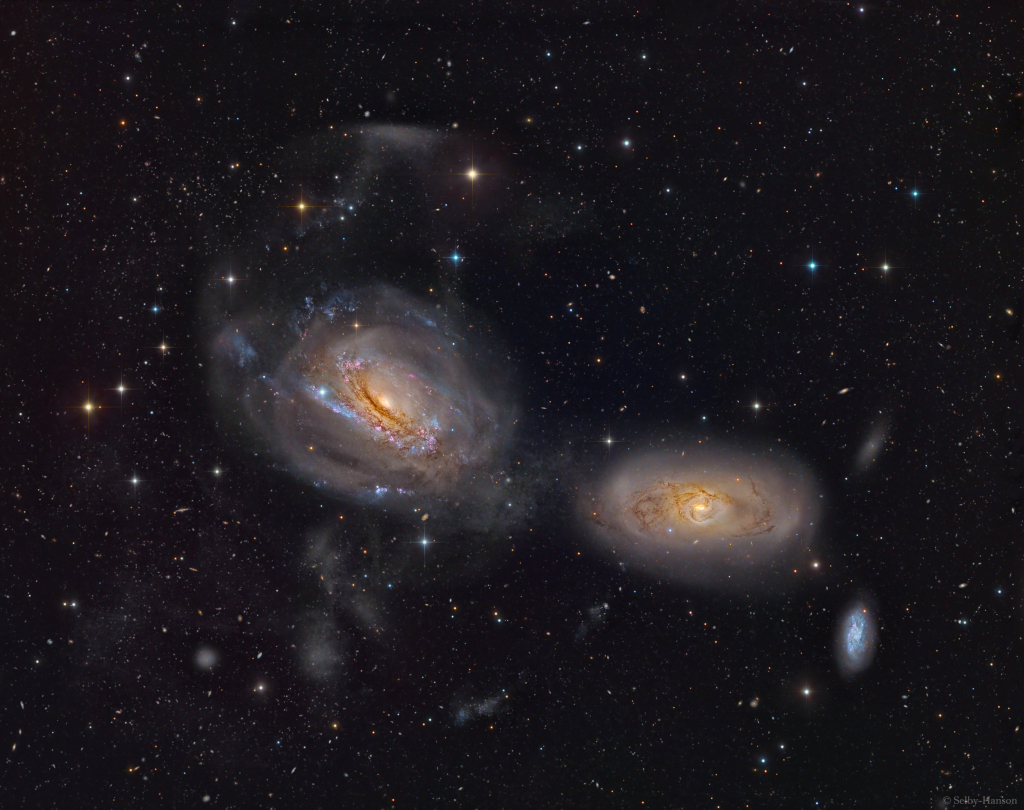Richard Heinberg has been researching the central role of energy in civilization for years, and shown how the human addiction to oil has brought us to an unprecedented crisis. His new book gives us a longer and broader perspective on the deeper addiction to power in its physical and social forms. He draws upon insights from biology and anthropology to tell the story of the evolution of power, from the beginnings of life on earth through the development of social hierarchies up to the present, in a very accessible way.
The book’s subtitle is “Limits and prospects for human survival”, and he does explain the radical changes in human habits and systems which must be made in this decade if we are to salvage our planetary life support system along with the better qualities of our collapsing civilization. But given the history of how this situation has evolved, it’s difficult to be honestly optimistic about our prospects. Heinberg’s view is more realistic, for instance in this excerpt from the final chapter:
“There can be no perfect, stable society. Imbalance and impermanence are baked into biological existence. But we are in a particularly explosive moment now. History shows that overconcentrations of physical, economic, military, and political power create instability, and, in the past few decades, humanity has found ways to build and concentrate these kinds of power as never before. The strong likelihood is that we are headed toward what economists glibly call a ‘correction,’ though not just in stock market values but also in population and consumption levels. If we hope to minimize the shock and casualties, we will need to mobilize cooperation and behavior change, aiming to limit our own collective power at a speed and scale that are unprecedented.” [p. 356-7]
This is not a feel-good book, but it is a live-well book that everyone can learn something from.
